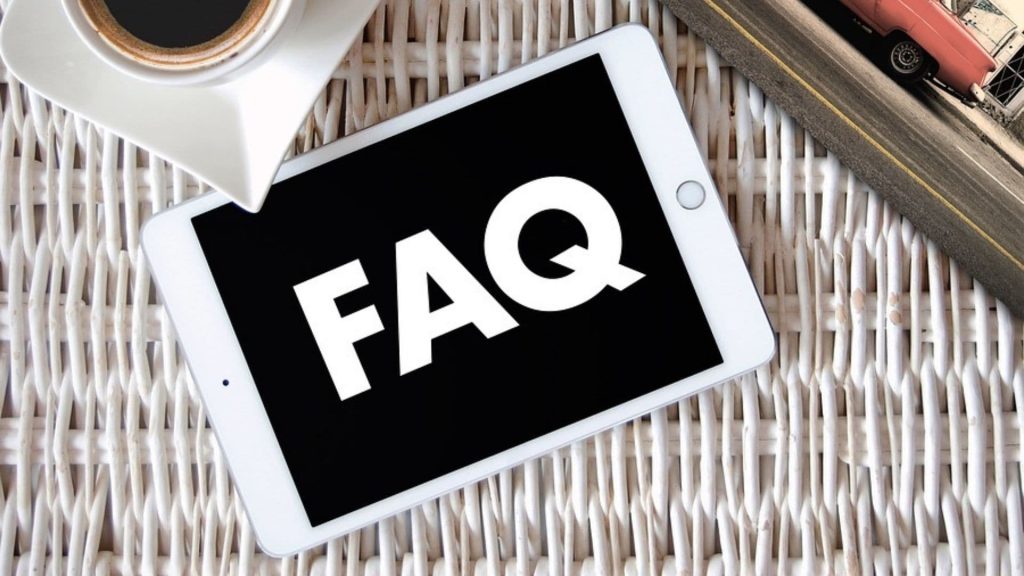
Ever wondered when you can take a Net Operating Loss (NOL) on a cooperative? You’re not alone! Understanding when a cooperative can utilize a Net Operating Loss (NOL) is essential for minimizing tax liabilities and optimizing financial planning. This article breaks down the essentials of cooperative taxation and NOL deductions, explaining how they apply in various scenarios, including key considerations for cooperatives such as member versus non-member income, tax-exempt versus taxable cooperatives, and IRS regulations. Whether you’re a cooperative member, an accountant, or just a tax-curious individual, this article will walk you through the process, providing a clear understanding of how NOL carryover rules work for cooperatives and how to strategically apply these tax benefits.
A Net Operating Loss (NOL) occurs when a cooperative’s deductible expenses exceed its gross income, potentially leading to tax relief. The ability to claim this loss depends on several factors, including the cooperative’s structure, IRS regulations, and whether the NOL is being carried forward or carried back. Unlike traditional corporations, cooperatives operate under unique tax rules that affect how and when NOL deductions can be applied. Cooperatives operate on a patronage refund system, where profits are typically distributed among members rather than retained as corporate income. If a cooperative incurs a loss, it may allocate that loss to its members, apply it to past income if eligible, or carry it forward to offset future taxable earnings.

What is a Net Operating Loss (NOL)?
A Net Operating Loss (NOL) occurs when a business’s expenses exceed its taxable income in a specific year. Cooperatives, similar to other business entities, can use NOLs to offset future or past taxable income, thereby reducing their overall tax burden.
How Do NOLs Apply to Cooperatives?
Cooperatives operate under a patronage refund system, where profits are typically distributed among members rather than retained as corporate income. This unique structure influences how and when an NOL deduction can be claimed. Here are key considerations for cooperatives:
- Member vs. Non-Member Income: NOLs are applied differently to patronage and non-patronage income.
- Tax-Exempt vs. Taxable Cooperatives: Tax-exempt cooperatives may have different rules for claiming NOLs.
- IRS Regulations: The IRS has specific provisions governing cooperative tax treatment and NOL utilization.
When Can a Cooperative Take an NOL Deduction?
The timing of an NOL deduction depends on the cooperative’s financial structure and applicable tax laws. Here are some key scenarios:
- Taxable income in past years – The cooperative may be eligible to carry back the loss and claim a refund for previous tax payments if regulations allow.
- Expectation of future profits – The NOL can be carried forward to offset taxable income in upcoming years.
- Members receive patronage refunds – The cooperative may pass on losses to members, who can potentially apply them to their personal tax returns.
- Non-member income is involved – The cooperative might need to separate losses from patronage and non-patronage sources to comply with tax laws.
How to Claim an NOL for a Cooperative?
To take advantage of an NOL deduction, cooperatives must follow these steps:
- Calculate the NOL: Determine the total loss by subtracting expenses from income.
- Choose Between Carryback or Carryforward: Decide whether to apply the loss to past income (carryback) or future income (carryforward), if eligible.
- File the Correct Tax Forms: Use IRS Form 1120-C for cooperative tax returns and adhere to applicable IRS guidelines.
- Keep Detailed Records: Document all financial transactions, member allocations, and past tax filings to ensure compliance and accuracy.

Frequently Asked Questions
Can a cooperative carry back an NOL?
It depends on current tax laws. Most cooperatives can only carry forward NOLs indefinitely with an 80% taxable income limitation.
How do NOLs affect cooperative members?
If the cooperative passes losses to members, they may be able to apply them on their personal tax returns.
Can tax-exempt cooperatives claim an NOL?
If they have unrelated taxable income, they may still apply NOL deductions.